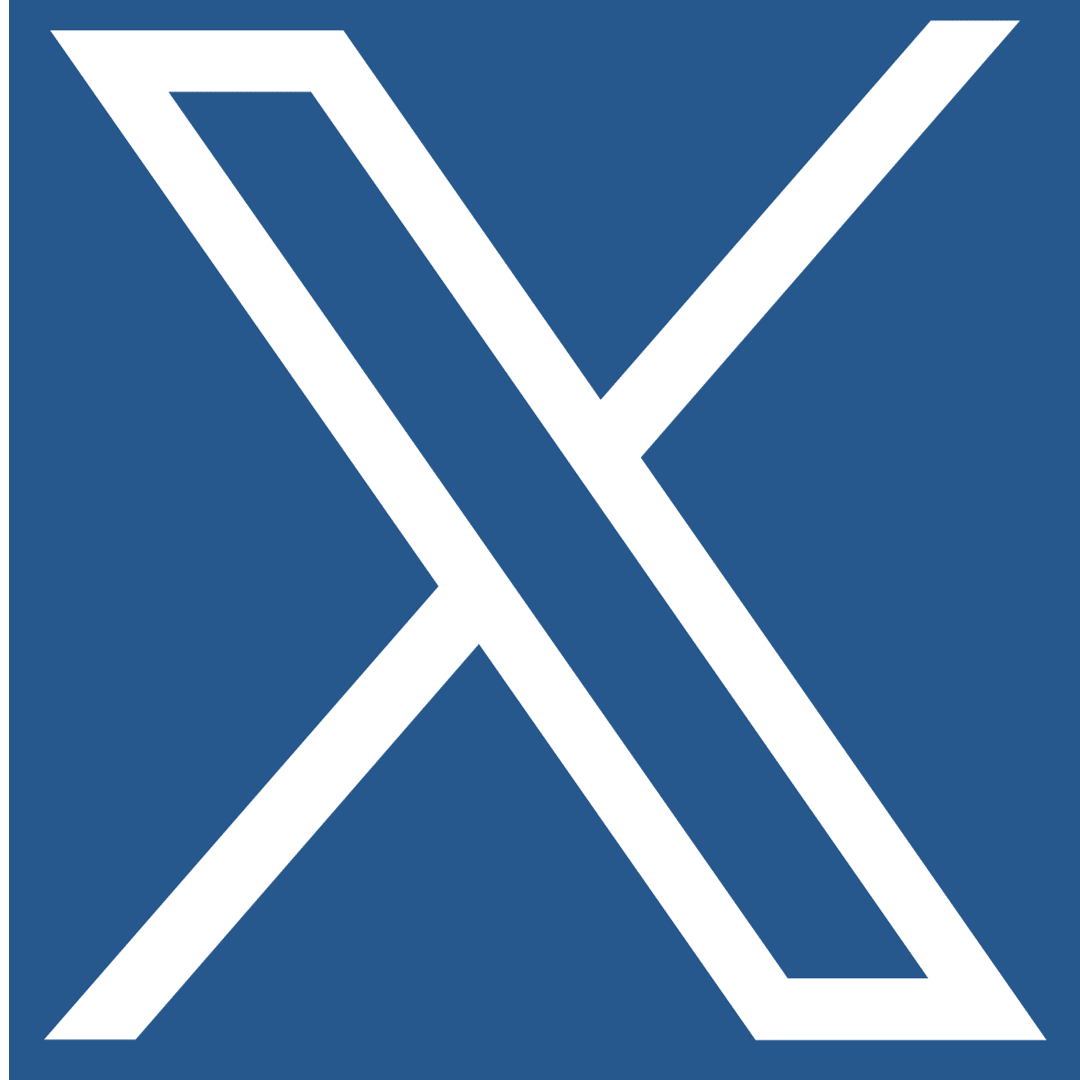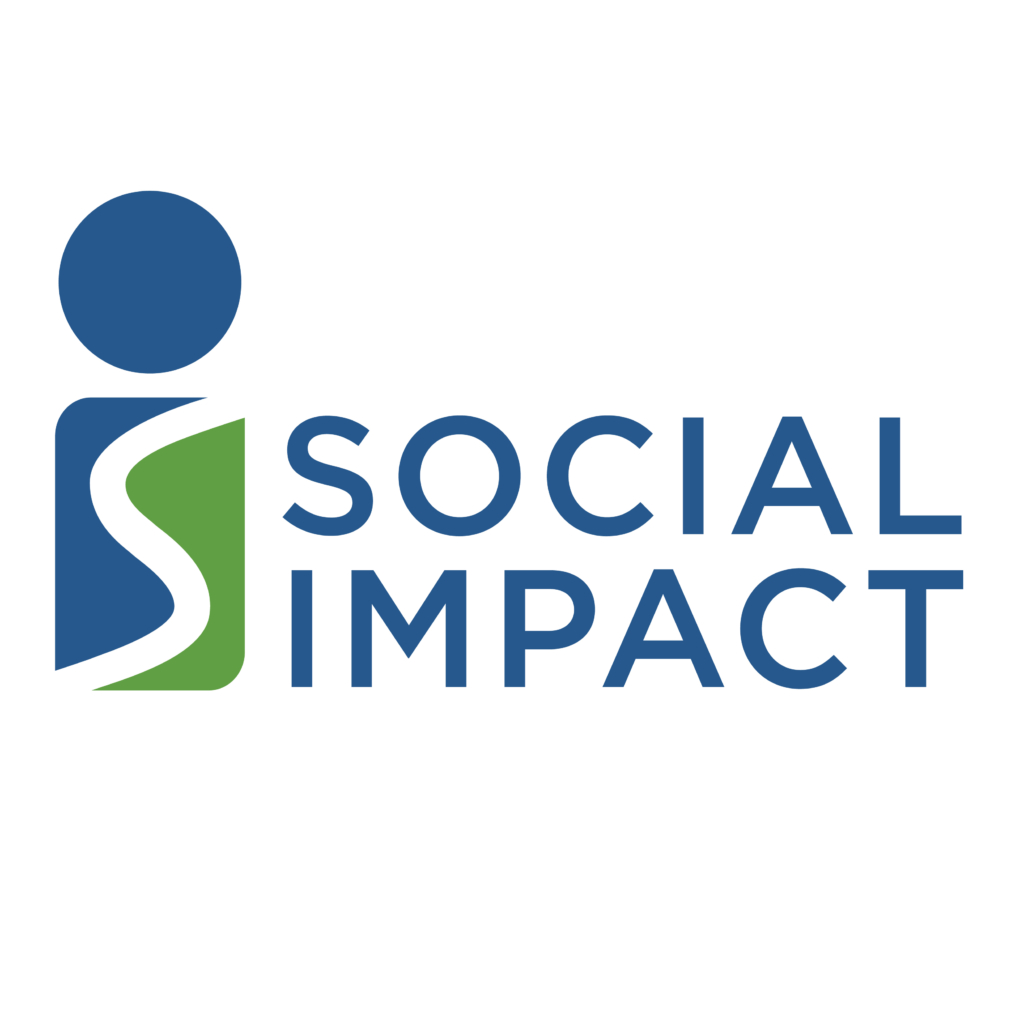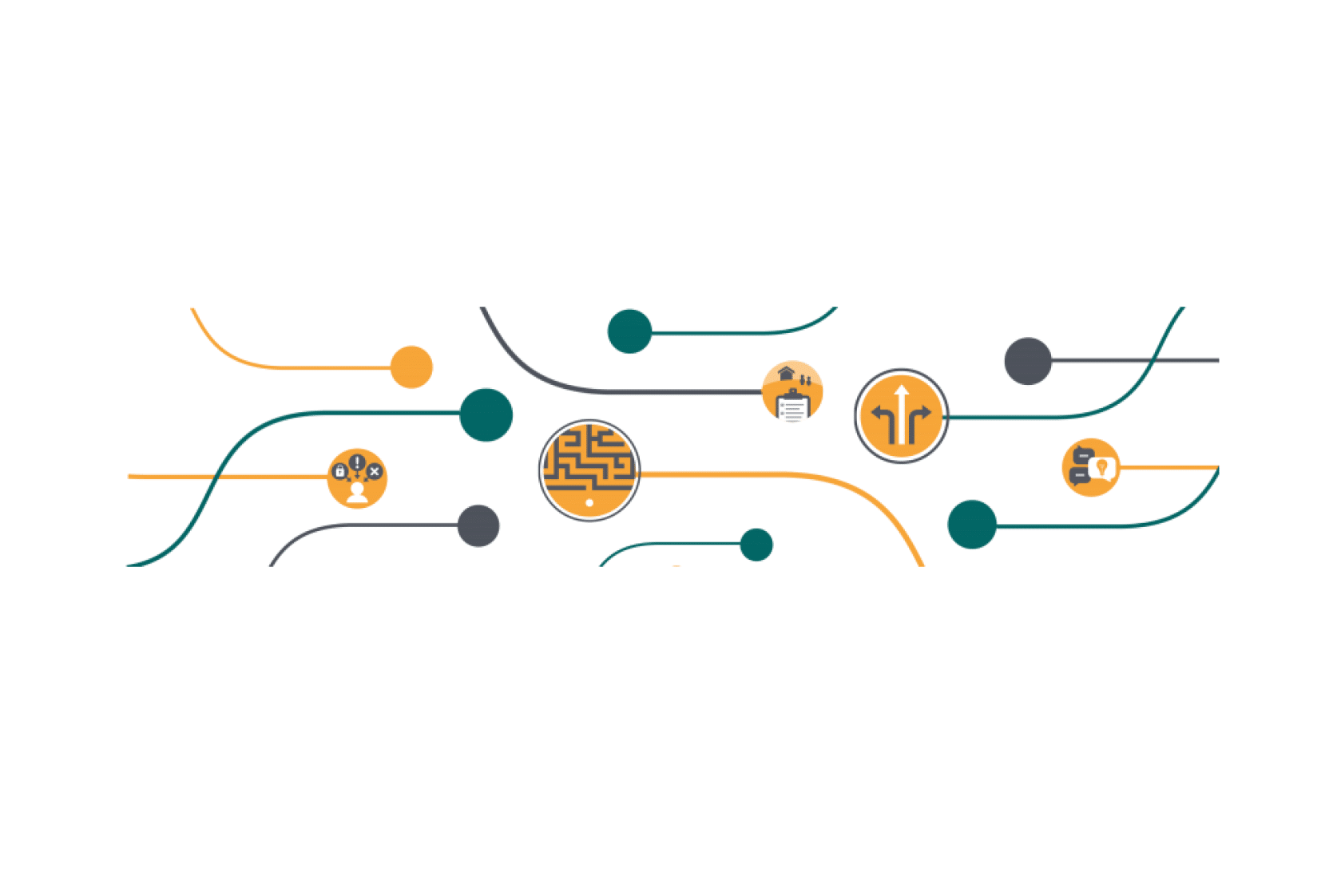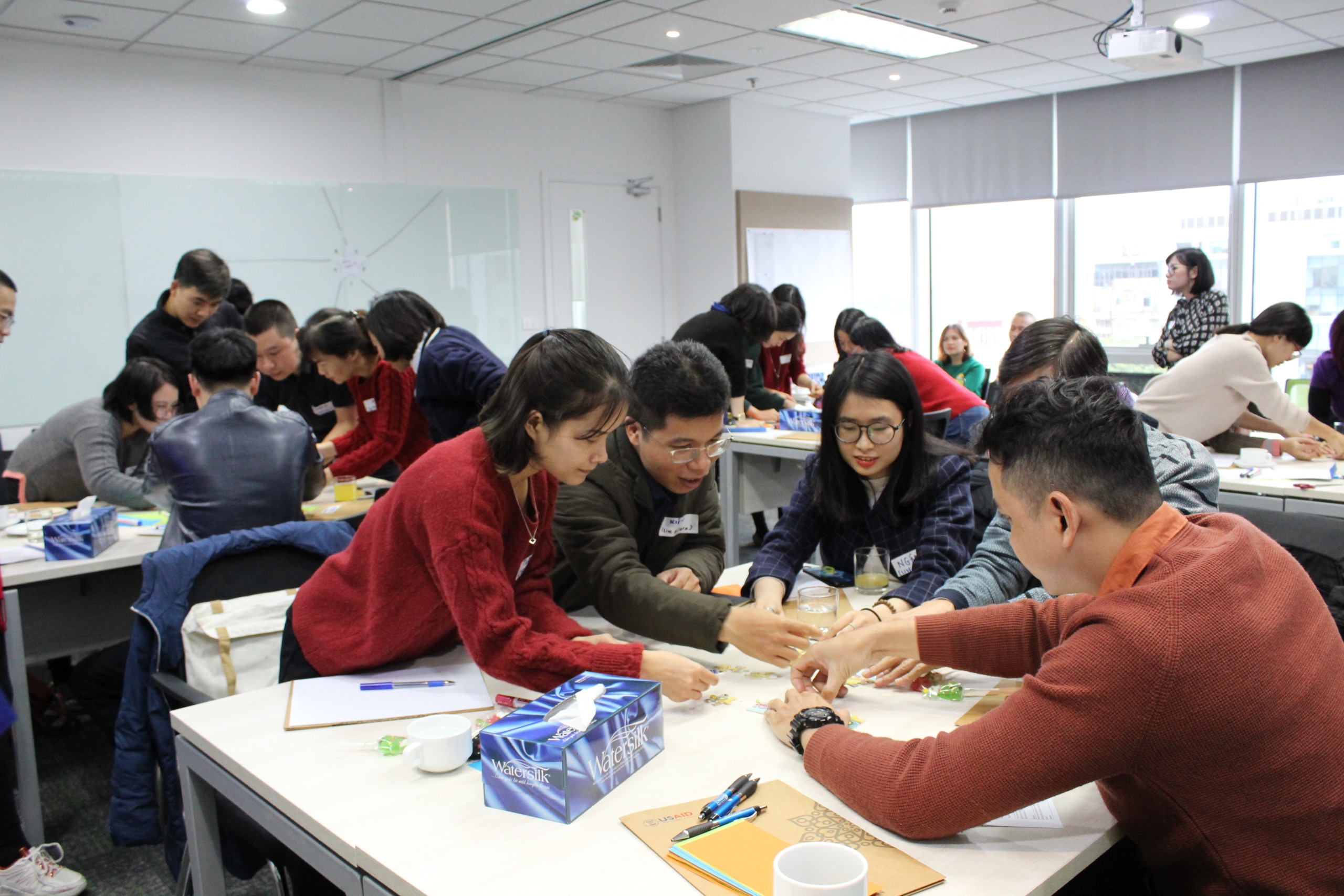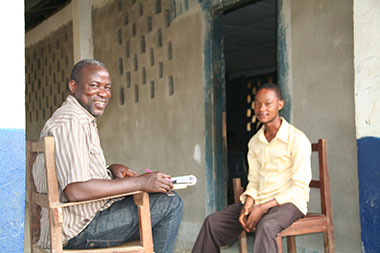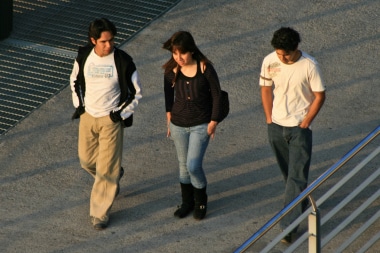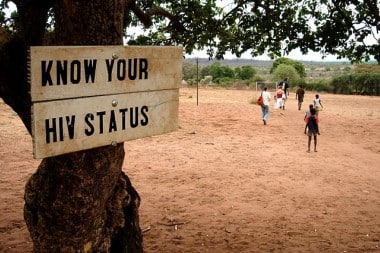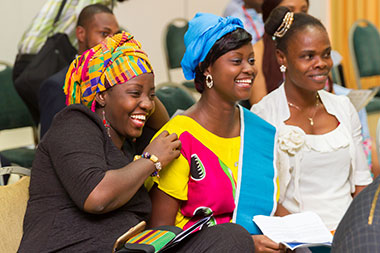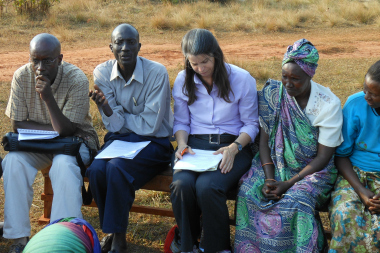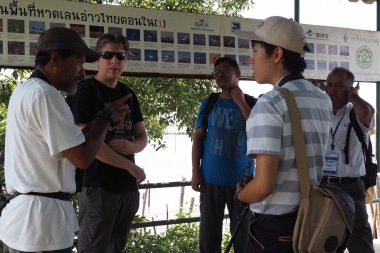SI builds adaptive learning systems so that organizations can learn from their experience, course correct and achieve better results at lower cost.
Strong learning and adapting processes ensure that findings from evaluations, assessments, and other activities inform decision making around next steps, necessary course corrections, and the design of future programming. By hosting in-person or virtual learning events, insights and tools are shared in the form of data placemats, interactive dashboards, and infographics. Projects that integrate learning and adapting approaches throughout their lifecycle enable opportunities for regular reflection, interpretation, and application of lessons learned to improve programming.
We co-create learning questions and activities with clients, facilitate learning sessions, and employ real-time feedback with data to making the best possible use of evidence across activities, projects, and teams. With a deep bench of staff members experienced in learning and adaptive management, SI has the versatility to provide clients with the most appropriate approaches for their uniquely complex needs. SI helps clients determine what works, what doesn’t work, and why – thereby allowing for timely course corrections that improve program effectiveness and ultimately development outcomes.
Our learning and adaptation processes have helped our clients decrease project approval timelines, improve geographic targeting, improve beneficiary targeting and better account for racial inequities. These processes are equally as important for headquarters staff as they are for those working on the ground. Our teams have leveraged adaptive learning processes to lift up local voices to lead programming efforts; and to ensure best practices are shared and utilized across sectors, geographies and organizational units.
